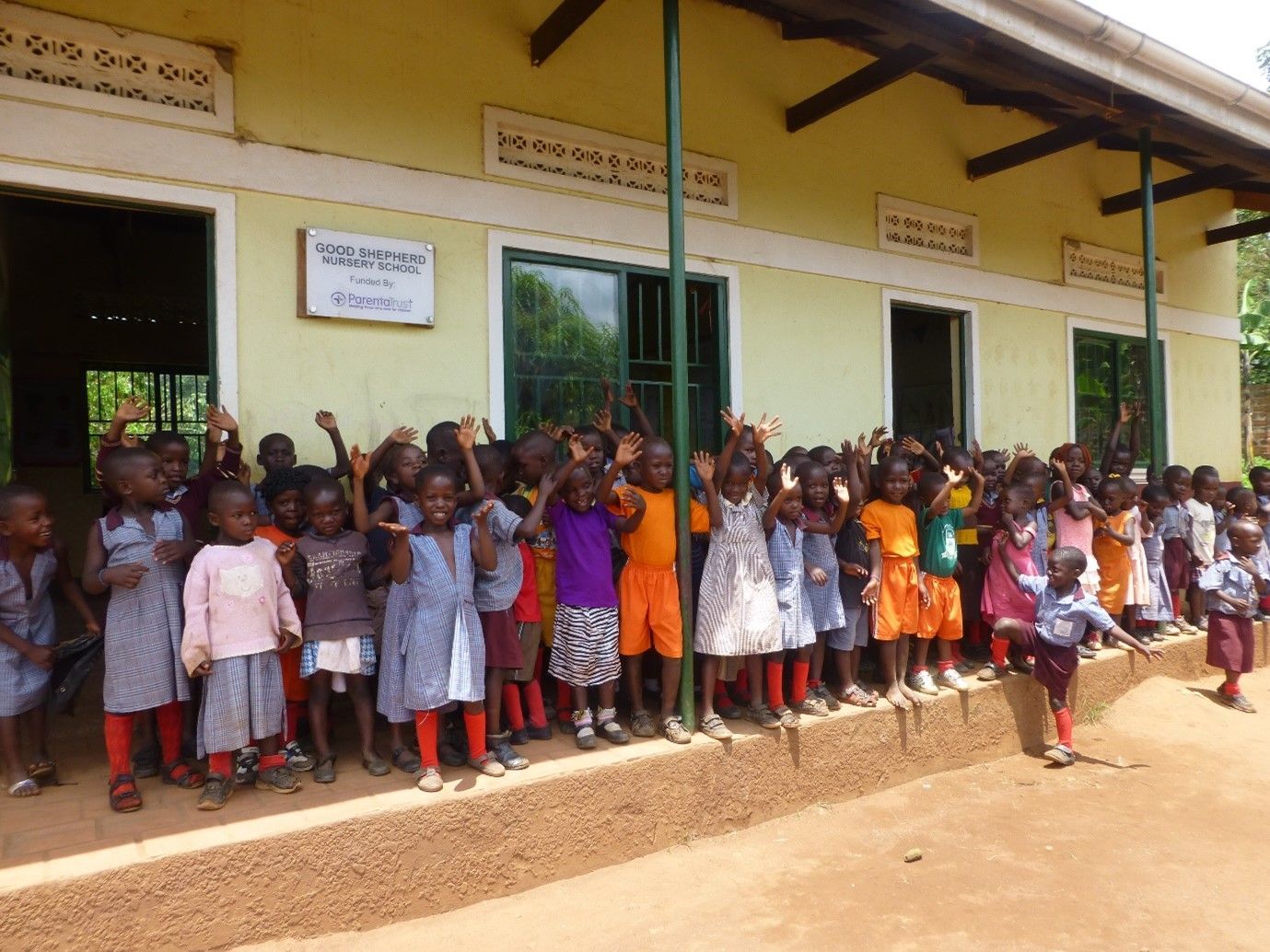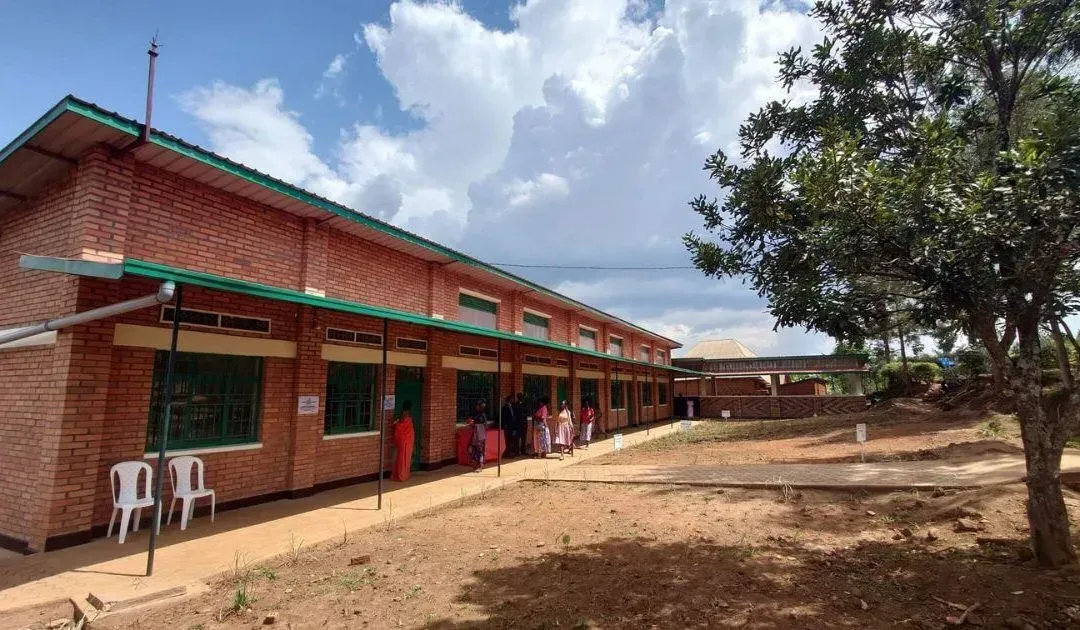Classrooms in the UK and in Uganda

Unlike the UK, Uganda is classed as a Less Economically Developed Country (LEDC), which means that it has low levels of development based on economic indicators. This is evident in that only 3.2% of the country’s public spending was allocated to education in 2013, while in the same year 13.2% was assigned to education in the UK.
Equipment and Resources:
As well as being economically evident, the differences between nursery classrooms in the UK versus Uganda are visually clear, even through the number of students. In the UK the size of nursery classes is often small and divided between rooms and teachers, whereas in Uganda the available space and staff are so meagre that classes are often overfilled. While schools having a large number of students is a very positive step it means that the school’s space and resources can be stretched very thin. In contrast, equipment like books are in abundance in the UK, and more can be brought in with very little difficulty. In Uganda, schools often only receive enough resources for the number of students through generous donations, as the government rarely fund enough to supply whole schools due to lack of available subsidy.
Appearance and Building:
Another difference is the appearance of the classrooms themselves. In the UK, in order to engage and enthuse the children, classrooms are often colourful and decorated with posters and other effective learning aids. While schools funded by Parenta Trust aim to make this a reality in Ugandan classrooms as well, not all schools are quite so fortunate. The differences even run as deeply as the buildings themselves, in that the materials and resources are simply not available in Uganda as they are in the UK to build classrooms to the high quality that would be expected here. The walls are often unpainted and the floors uncovered, which is the opposite of the comfortable, vibrant appearance of classrooms in the UK.
Despite all of this, Ugandan students and teachers simply feel privileged to be able to have access to education at all, no matter how humble their buildings and classrooms seem to us in the UK.










